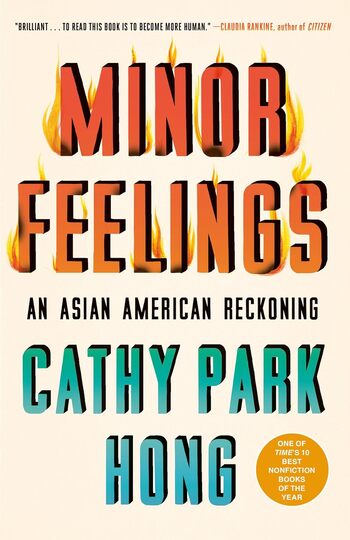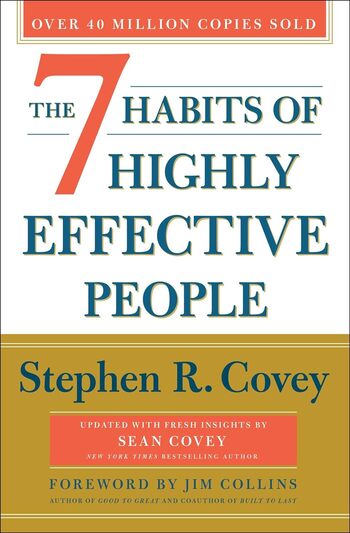
Steven Pinker’s ‘The Better Angels of Our Nature’ argues that violence has significantly declined, using historical trends and data to explore why our era is the most peaceful ever.
Main Lessons
- Violence has steadily declined over centuries, debunking the myth of an increasingly violent world.
- Our instincts may lean toward violence, but societal evolution encourages self-control and empathy.
- The transition from hunter-gatherer societies to settled agriculture reduced resource-based conflicts.
- Civilization and legal systems played a crucial role in diminishing homicide and other forms of violence.
- Humanitarian movements have fostered compassion, reducing violence against humans and animals.
- The post-World War II era ushered in the ‘Long Peace,’ marked by reduced state-based violence.
- The decline in violence is not due to a biological change but the evolution of human morality and reason.
- Understanding the motivations behind violence, like revenge or dominance, helps to mitigate them.
- Cultural representation of violence in media reflects innate aggression but offers controlled outlets.
- Women historically favored reliable partners, pushing society toward stability over aggression.
- Empathy, moral sense, and reason are the ‘better angels’ curbing violent impulses over time.
- False perceptions of rising violence stem from media focus and political exploitation of fear.
- Data indicates that today’s global society is the most peaceful in documented history.
- Evolutionary tendencies prune constant aggression, leading to less violent human communities.
- Efforts toward equality and human rights have shifted focus from conflict to compassion.








